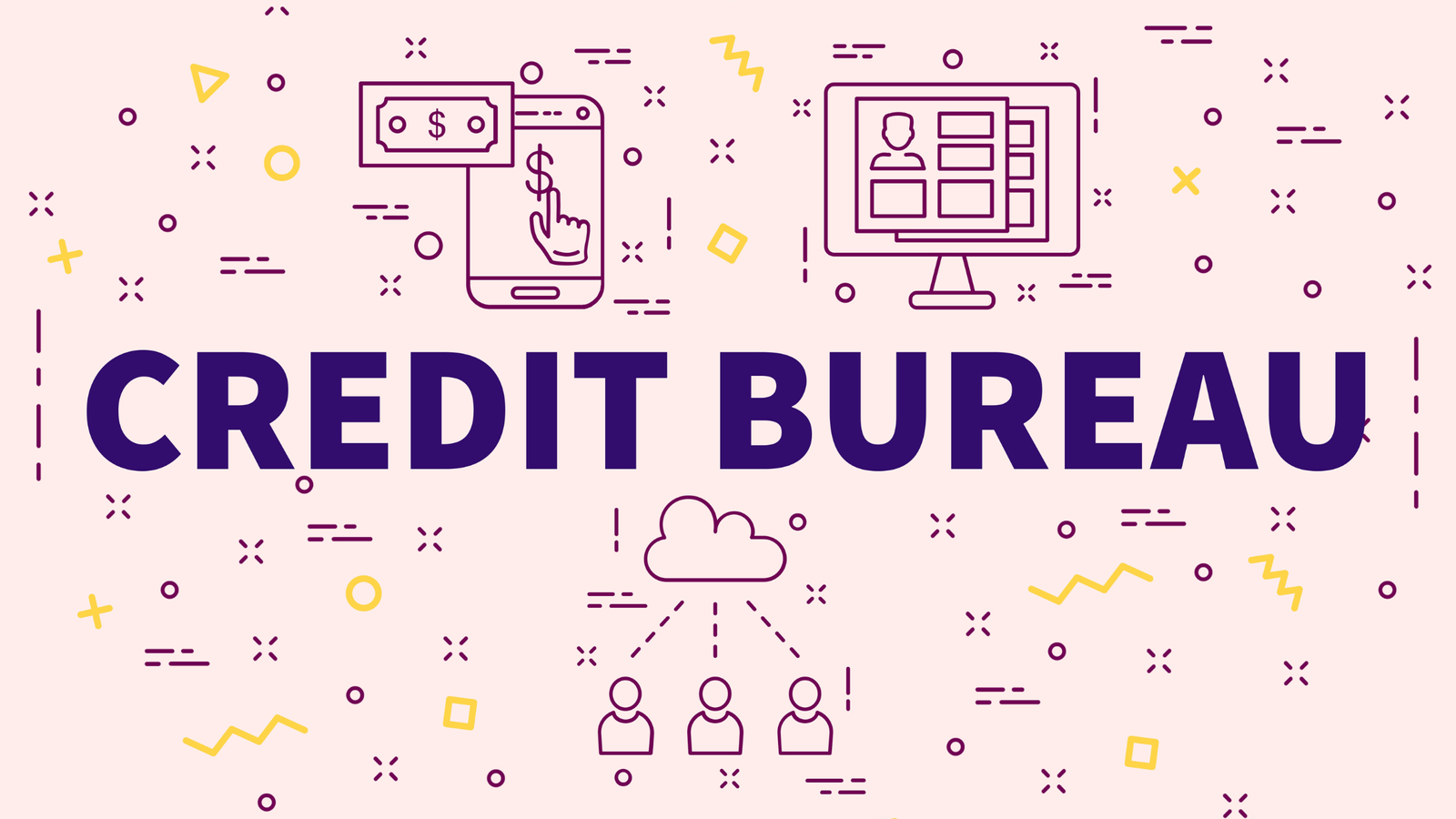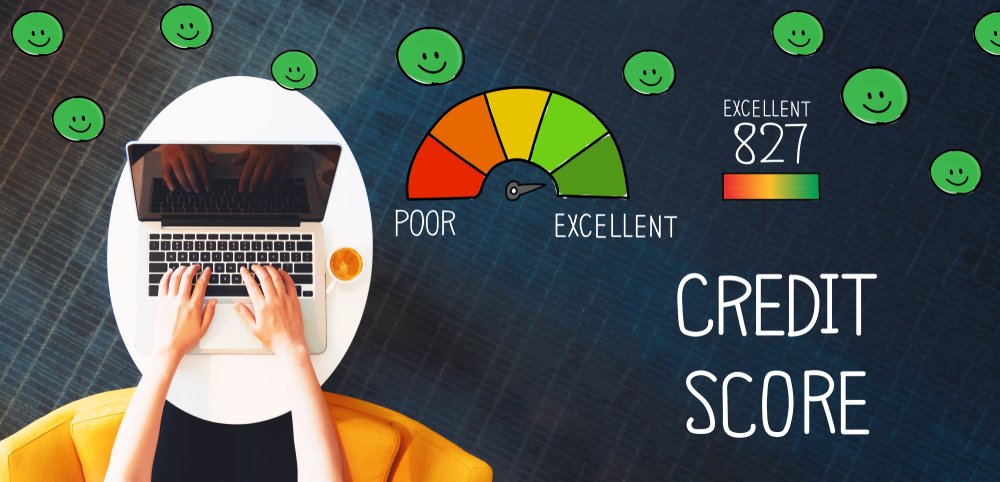Top 5 Credit Reporting Mistakes
A recent Consumer Reports Study found that nearly 1 in 3 people have a mistake listed on their credit report. Other reputable studies suggest that number could actually be has high as 70% of all reports containing some type of a mistake. This is a big deal and the reason why you should review your credit reports at least annually to be sure everything listed is fair, accurate and substantiated.
When reviewing your reports, keep an eye out for these five common credit reporting mistakes:
1- Personal information. Never has the correct spelling of your name been so important. As the foundation of your credit report, basic information includes your:
-
- Name
- Address
- Birthday
- Social Security Number (SSN)
- Status as an “authorized user” on an account
Your personal information is foundational to a fair and accurate credit report. A single mistake could mean living with someone else’s identity and credit score. Avoid this possibility by checking your contact information thoroughly and often.
2- Duplicate reporting or missing accounts. The credit bureaus are tasked with processing information on just about every adult in the United States, so it isn’t uncommon for an error to be reported on your credit report. Unfortunately, those errors can be the difference from getting approved or denied. Common credit reporting errors include:
Duplicate reporting. Duplicate reporting can affect your utilization ratio (how much you owe on a revolving account divided by its line of credit), causing a decrease in your credit score. Another damaging example: When one collection company “sells” an account to another, causing one derogatory account to appear as two or more. Make sure you’re not seeing double when it comes to listed accounts on your credit report. Mistakes like this can unjustifiably hurt your credit score.
Missing accounts. While duplicate reporting has its downsides, missing accounts can be just as damaging. Credit history and length is an important part of the scoring system. Let your past work for you by ensuring its presence on your credit report. Contact creditors and the credit bureaus if you notice that information is missing.
3- Incorrect credit limits. Your credit utilization ratio plays a significant part of determining your credit worthiness so if your credit limits are reported incorrectly, this can really hurt your credit. Credit limits affect your debt utilization ratio, or the amount you owe on credit cards and other revolving accounts vs. your total credit limit. Consider the following example:
Maria has a credit card with a limit of $16,000. Her total balance on the card is $4,000, resulting in an acceptable debt utilization ratio of 25% (4,000/16,000=.25). Unfortunately for Maria, the credit card company mistakenly reported her limit as $10,000, which puts her reported debt utilization ratio at 40%, which is above the acceptable level of 30% causing a lower credit score, and fewer financing options.
Take the time to check each revolving account listing for accuracy to be sure what is reported matches your reality. And here’s a pro tip: if your utilization ratio is above 30%, look for opportunities to have yourself added as an authorized user on someone else’s credit card, like a parent or spouse. Or ask your current credit card issuer to consider you for a credit limit increase. If your credit is good but not great, consider applying for another credit card so you have access to more credit.
4- Identity theft. Many people don’t realize they have been victimized by identity theft until it’s too late. As a byproduct of technology, it has become easier for potential thieves to get their hands on everything from your Social Security Number to the PIN number on your debit card. Avoid the need for credit repair by reviewing your report for suspicious activity or strange charges. Report these instances to your creditor immediately and place a hold on any affected cards. Recovering from identity theft can be a long process, one made worse without diligence.
5- Settled accounts. Effective credit repair means knowing your rights even when you’ve made mistakes. By law, credit reports are required to list all accounts accurately, negative or otherwise. Review the dark spots on your report and make sure they aren’t causing additional damage. For example, if you settled an account, make sure its listing is not cited as still owing.
The bottom line: don’t assume your credit reports are accurate until you’ve carefully reviewed them to ensure that’s the case. A single error on your credit report can have a devastating impact on your credit worthiness so it’s worth the effort to ensure your credit report is accurate. In many cases, even if a negative item listed is accurate, you can still ask to have it removed and if you’re not sure how, consider hiring an experienced credit repair company to help you look into your rights.










